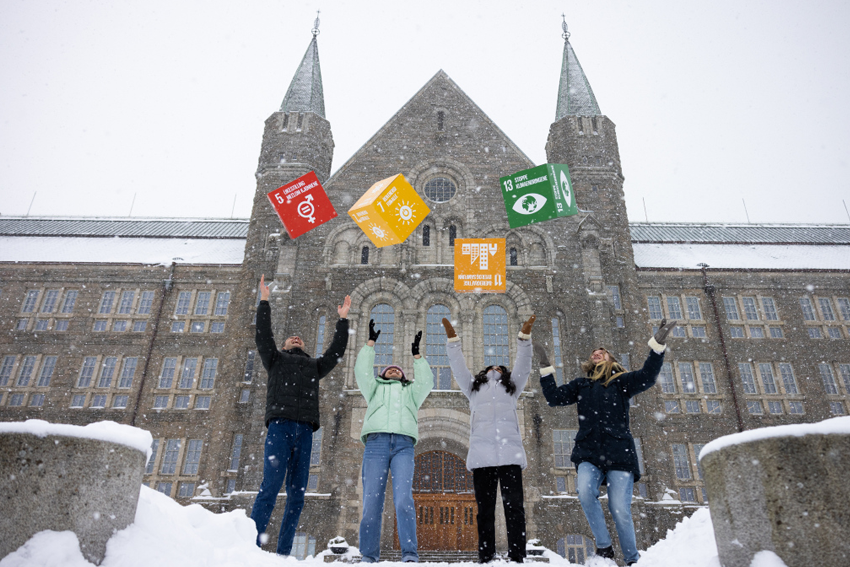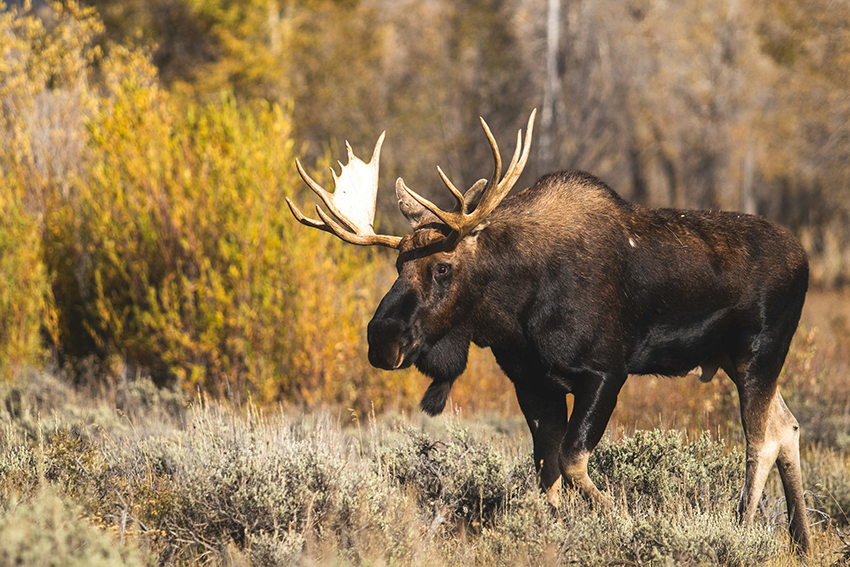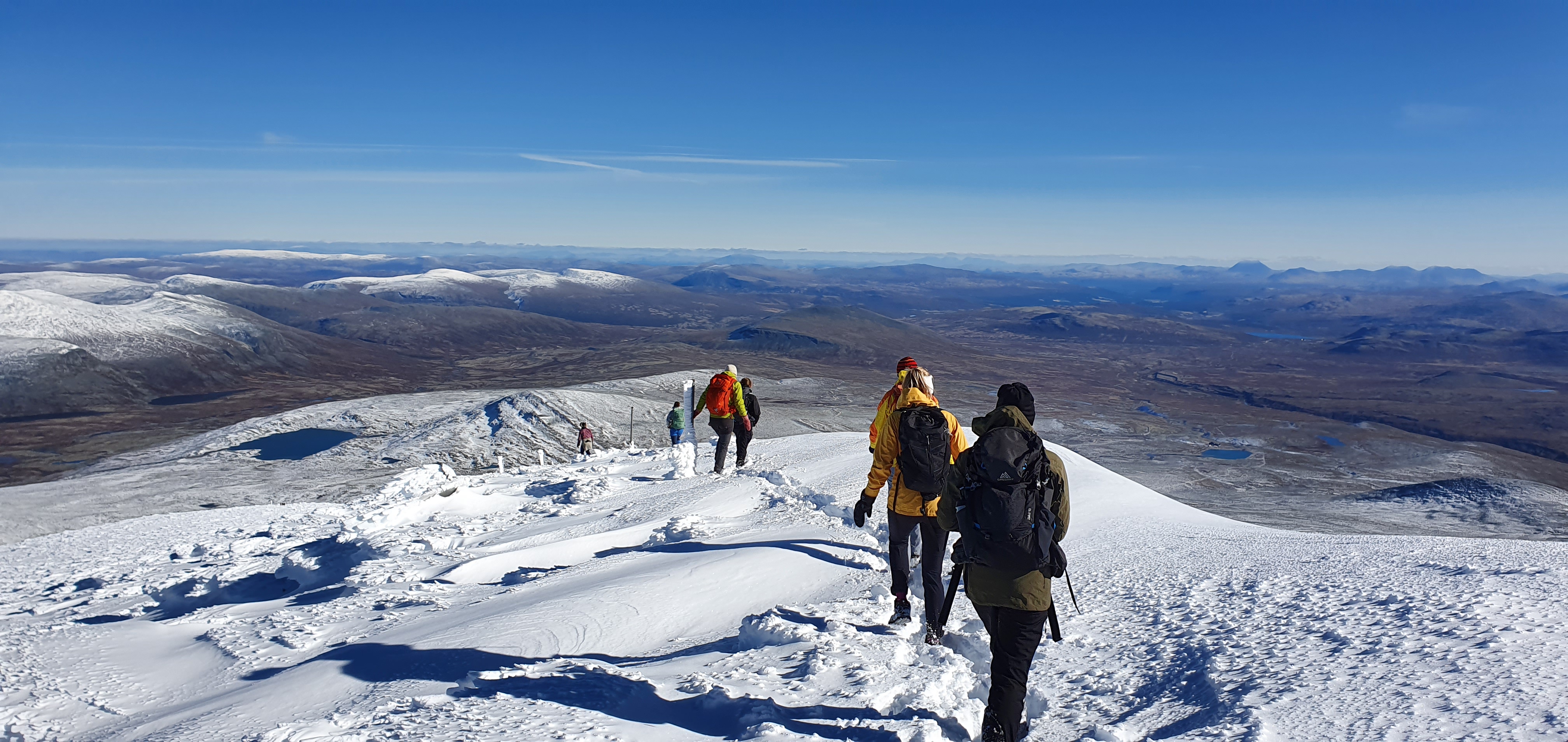Exchange Students - Department of Geography and Social Anthropology
Study Geography in Trondheim, Norway!
Start of an exciting journey that will equip you with invaluable experiences and essential skills for your future career. At The Department of Geography and Social Anthropology, NTNU we offer two international master’s programs and a diverse range of courses taught in English that cater to students within and outside the discipline of geography. Immerse yourself in a multicultural study environment with top-quality teaching, engaging in discussions with peers from around the world. International perspectives are central in all our courses, while the Norwegian culture and landscape forms the backdrop for your learning experience.
Gain insights into a range of topics, perspectives, and methodologies to deepen your understanding of the complex interactions between nature and between nature and society across diverse geographies. Explore subjects such as:
- Natural hazards and effects of climate change
- Nature, resource management and landscape
- Globalization, mobility and citizenship
- Innovation and regional changes
Geographers use various quantitative and qualitative methods, along with discipline-specific tools like cartography, GIS, remote sensing and drones. Many of our programmes include courses for hans-on learning.
Courses for exchange students
We offer courses at both bachelor's and master's levels. You can mix courses from the list below with courses from other departments at NTNU, but be aware of schedueling conflicts between both teaching activities and exams.
The list includes geography courses taught in English, open for exchange students. Some of the courses have admission restrictions, so make sure you meet the requirements. Exchange students are exempt from needing a bachelor's degree for master level coursed if they have completed at least 90 credits. All GEOG3XXX are master level courses.
Each semester usually has courses totaling 30 ECTS credits, running concurrently. A 7.5-credit course requires about 5 weeks of work. Course descriptions outline activities, including independent work, readings, lectures, seminars, group work, and exams.
Students from within the EU are exempted from study fees.
Autumn semester (August to December):
- GEOG2017 - Energy transition and sustainable development
- GEOG3005 - Qualitative Methods
- GEOG3006 - Quantitative Methods
- GEOG3030 - Natural Resources Management
- GEOG3053 - Discourses of Development and Globalization
- GEOG3518 - Global Production Networks
- GEOG3523 - GIS Data Capture and Mapping
- GEOG3525 - Landscape, Planning and Management
- GEOG3530 - Special topics in natural hazards
Spring semester (January to June):
- GEOG2020 - Geophysical and biological natural hazards
- GEOG2023 - Local and global perspectives on Environmental and Natural Resources Management
- GEOG3101 - Innovation and Regional Development
- GEOG3517 - Social Difference, Identity and Place
- GEOG3522 - Migration and Development
- GEOG3527 - GIS Tools for Climate Change Studies
Contact information
- For questions about admission: exchange@st.ntnu.no
- For questions about geography courses: kontakt@ige.ntnu.no
Two-year international master programs at the Dept. of Geography

Master of Science in Global Relations and Sustainable Development (2-year)
Master of Science in Global Relations and Sustainable Development (2-year)
The two-year international, interdisciplinary master's programme in Global Relations and Sustainable Development prepares students to analyse the complex economic, environmental, cultural and social trends influencing global politics on sustainable development. As part of the programme, the students will undergo an internship in a global organisation or corporation. The programme is designed to provide its students with specialist knowledge and transferable skills to pursue careers in global corporations, non-governmental organisations, local and national government bodies, and multilateral institutions such as the UN. Please consult the programme’s webpages for more information about admission and content.
Master of Science in Natural Resources Management Spesializing in Geography (2-year)
Master of Science in Natural Resources Management Spesializing in Geography (2-year)

The Master in Natural Resources Management programme is a two-year international interdisciplinary programme, consisting of the specializations Biology and Geography.
The specially designed programme gives the students an understanding of the importance of managing natural resources sustainably, while developing an understanding of the connections between different disciplines and actors. It will also help you to be able to communicate with actors across disciplines. This programme aims to give an outstanding, and unique, education and the required knowledge that will contribute to finding sustainable solutions to interdisciplinary challenges related to the management of natural resources. Please consult the programme’s webpages for more information about admission and content.






